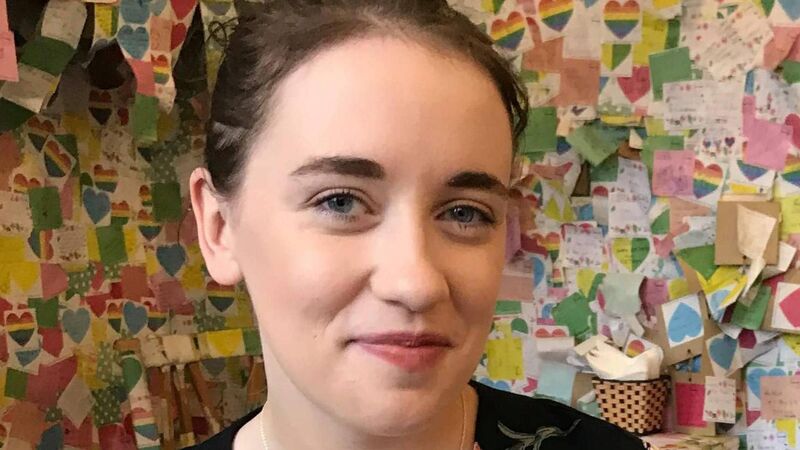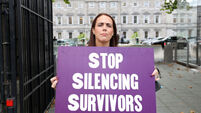'I was 13 when two men tried to abduct me'

Irish Examiner journalist Shauna Bowers.
I was 13 when two men tried to abduct me.
It was around 7.30pm on a weekend in October and I was walking home after a trip to the local shopping centre with two girls with whom I really wanted to be friends. That was my biggest concern at the time.
















